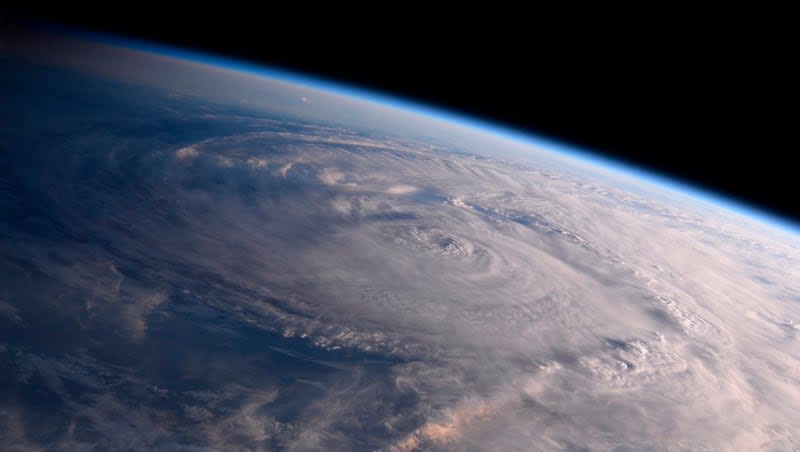How rising temperatures affect the Earth’s rotation

Rising temperatures around the world do more than disrupt the lives of plants and animals. They also mess with the Earth’s rotation, creating issues for global timekeeping efforts, according to a new study.
Melting ice caps can impact our clocks
The study found that the melting of polar ice caps is slowing down the Earth’s normal rotation, per NBC News.
That’s because, as the ice melts, the water heads to the equator and stays there, which shifts Earth’s normal concentration of mass. This shift in mass concentration impacts Earth’s angular velocity, per NBC News.
The shift matters because our global system of timekeeping is based on the timing of the Earth’s rotation, CNN reports. If the rotation changes, scientists will have to change the current system of adding “leap seconds” to clocks around the world.
“In just a few years it may be necessary to insert a ‘negative leap second’ into the calendar to get the planet’s rotation in sync with Coordinated Universal Time,” The Washington Post noted in its report on the new study.
Coordinated Universal Time (UTC) has been “the world’s primary time standard for decades,” per Axios.
It’s “based on the time kept by hundreds of atomic clocks worldwide but is periodically adjusted with leap seconds to keep it closely aligned with Earth’s rotation,” Axios reported.
A negative second is coming our way
Even before global warming was a global talking point, scientists were discussing the need to use a “negative leap second” to address natural adjustments to the Earth’s rotation, according to NBC News.
The melting ice caps have complicated those discussions, because they have affected the natural rotation changes, per NBC News.
Regardless of when scientists decide to use a negative leap second, the process could mess up computer systems around the world.
CNN explains that many computers are able to add a second but not remove one, which means humans will have to reprogram the computers, a step that could bring malfunctions, including in stock exchange markets, which require accuracy to a thousandth of a second.
If the atomic clocks are not accurately fixed, a snowball effect would occur, according to Axios. Time discrepancies can make astronomical observations more difficult to observe and create confusion in air and sea navigation, among other things.

